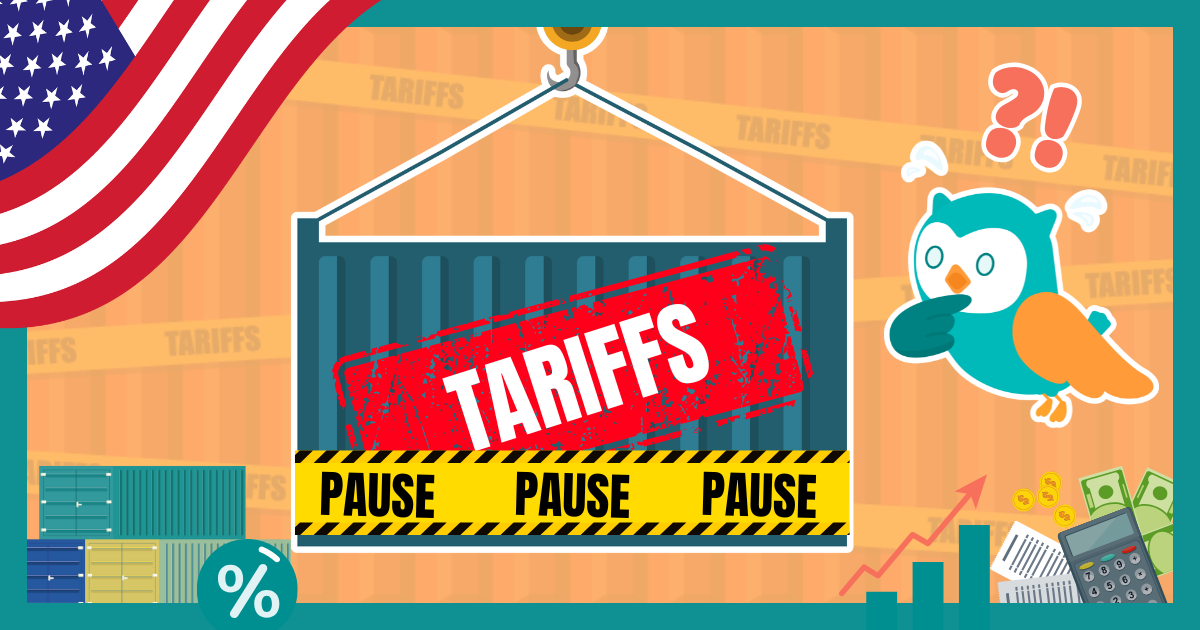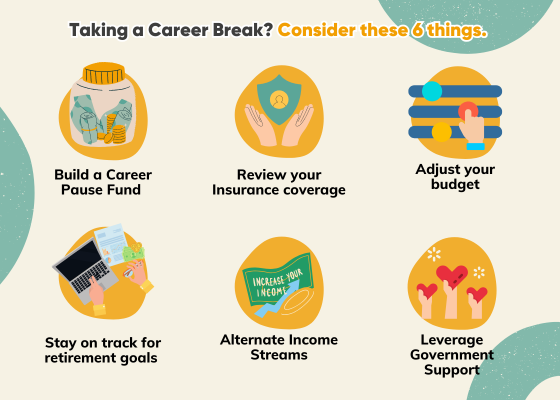Note: It was announced in November 2023 that MoneyOwl will be acquired by Temasek Trust to serve communities under a re-purposed model, and will move away from direct sale of financial products. The article is retained with original information relevant as at the date of the article only, and any mention of products or promotions is retained for reference purposes only.
______________
Introducing a new blog series where you write in with your personal finance questions and our team of client advisers will be on-hand to assist you.
Question: I am 45 years old and single, supporting both my parents. I’m starting to think about my retirement years – should I get a retirement income plan or should I invest in stocks? What are the considerations for both?
“Supporting your parents and thinking about having sufficient funds for your retirement years may require a delicate balancing act. Before jumping right into the “products” to try to solve this retirement puzzle, it would be more pertinent to look into getting yourself a comprehensive and conflict-free financial plan done. This is because committing to a Retirement Income (RI) plan or an investment is a long-term commitment. Assuming your retirement is based on the typical retirement age of 65, this means a commitment of 20 years. Do you foresee still requiring to support your aged parents? As the sole breadwinner of the family, have you looked into getting adequate insurance coverage? Do you need to set aside emergency funds in the event your parents require medical treatment? I hope these questions will help form the foundations of planning for the next stages of life. Now assuming, you have worked out these factors, we can then consider what your accumulation strategy for retirement will be like.
Retirement income plans are offered by insurers to address the need for higher-than-bank-savings-account returns that also offer certain guarantees. They are usually either a single lump sum or a regular premium type plans. Single premium plans tend to provide higher returns. In recent times, the returns of such plans are in the range of 2.5 to 3.8 % per annum. The large spread of returns really depends on several factors like the premium mode, accumulation period, payout period and certainly the insurers’ performance on their participating funds, which the returns are based on. If you prefer to keep your accumulation strategy simple, retirement income plans can be considered.
After all, some people may be averse to investing in stocks. They do not want to experience the roller-coaster ride of monitoring and seeing their portfolios fluctuate. Don’t forget you will need to do this for 20 years before your retirement begins. Retirement income plans today are becoming increasingly flexible. Some allow you to change the payout duration as you get nearer to your payout age, which is helpful as life circumstances may change. MoneyOwl’s research on retirement has revealed that there is increased risk of your money running out too quickly if your investment portfolio shrinks drastically just when you are about to retire. Retirement income plans can help mitigate this risk because insurers have the expertise and experience to invest on your behalf. Every year, they will report on their par funds performance and will declare bonuses, which are guaranteed. These bonuses may fluctuate over time, but insurers use a “smoothing” mechanism to minimise such variations over time. This is also the reason why retirement income plans are simple tools for long term accumulation and decumulation. With a pure investment strategy, retirees often face the fear of withdrawing from their funds for their living expenses. How much is too much? What happens if the market falls in a recession? On this, retirement income plans stand out once again, as you will be able to receive automatic payouts per month without any worry.
Now on to looking at investments. While the biggest draw of investments is in the potential higher returns of 4-7% per year, the investment experience is not something everyone can stomach. Accumulators like yourself have to develop a deep understanding on the type of investments that provide reliable and long-term returns, and avoid the tendency to chase returns by moving in an out of different assets or stocks. To this end, MoneyOwl recommends following only proven investment principles. These include investing in globally diversified, low-cost, tax-efficient and evidence-based funds. Also, always invest based on your need, ability and willingness. Any misalignment to these will often result in poor decisions and failed expectations. When investing, there are no guarantees like those you can find in a retirement income plan. It is possible to see your portfolio value fall below your invested capital. However, with MoneyOwl’s guidance, we are confident that your investment experience will be successful. Investments also offer full flexibility unlike retirement income plans where early termination will result in penalties and a reduced surrender value. However, we believe this can be avoided when you work with a financial adviser to help you develop a long-term investment plan. MoneyOwl investment portfolios have been designed based on best-in-class principles.
With this newfound knowledge, I hope if helps you to make wise decisions easy. Remember that you can choose to do either one or even both but one thing you need to do is to find a trusted adviser to help you craft solutions that are unique to your individual circumstance and needs. Don’t neglect the benefit of a guide, coach or trusted knowledgeable friend. A secure retirement should never be left to chance. At MoneyOwl, you are always in good hands!” – Client Adviser Colin Lai
Have a question of your own? Write in to askmeanything@dev.moneyowl.com.sg and look out for our Moneyowl answers in upcoming months. We also have a live AMA session on Instagram – so follow us now for more updates!




